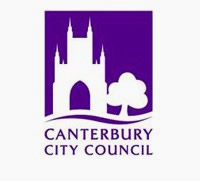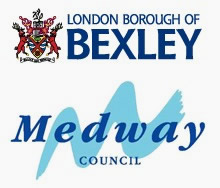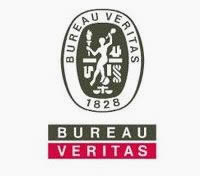Alcohol and Weight
24/03/2010
Alcohol can contribute to both weight loss and weight gain. Heavy drinkers often neglect their diet, whether through not eating much at all or eating salty, high-fat food. Some people, often women, skip meals when they’re drinking to avoid gaining weight or even to get drunk faster. Neglecting your diet in favour of alcohol can lead to severe drunkenness, vomiting, blackouts, hangovers and vitamin deficiencies.
Alcohol can lead to obesity. It is very calorific but provides no nutritional benefits. The body also processes alcohol in a different way to other energy it receives. It processes the alcohol first so other energy is stored as fat.
Alcohol is a diuretic and causes dehydration. Dehydration is often misread as hunger, leading people to turn to food when they actually need a drink. Because alcohol lowers inhibitions, people are more likely to over-eat and choose unhealthy food when they’ve been drinking. Alcohol can affect hunger signals from the brain making you feel hungry, even when you’re not.
The day after drinking a lot people will often crave junk food which is high in fat, salt and sugar. This can make you gain weight. Eating salty food such as bar snacks will also make you thirstier, meaning you’re likely to drink more.

























